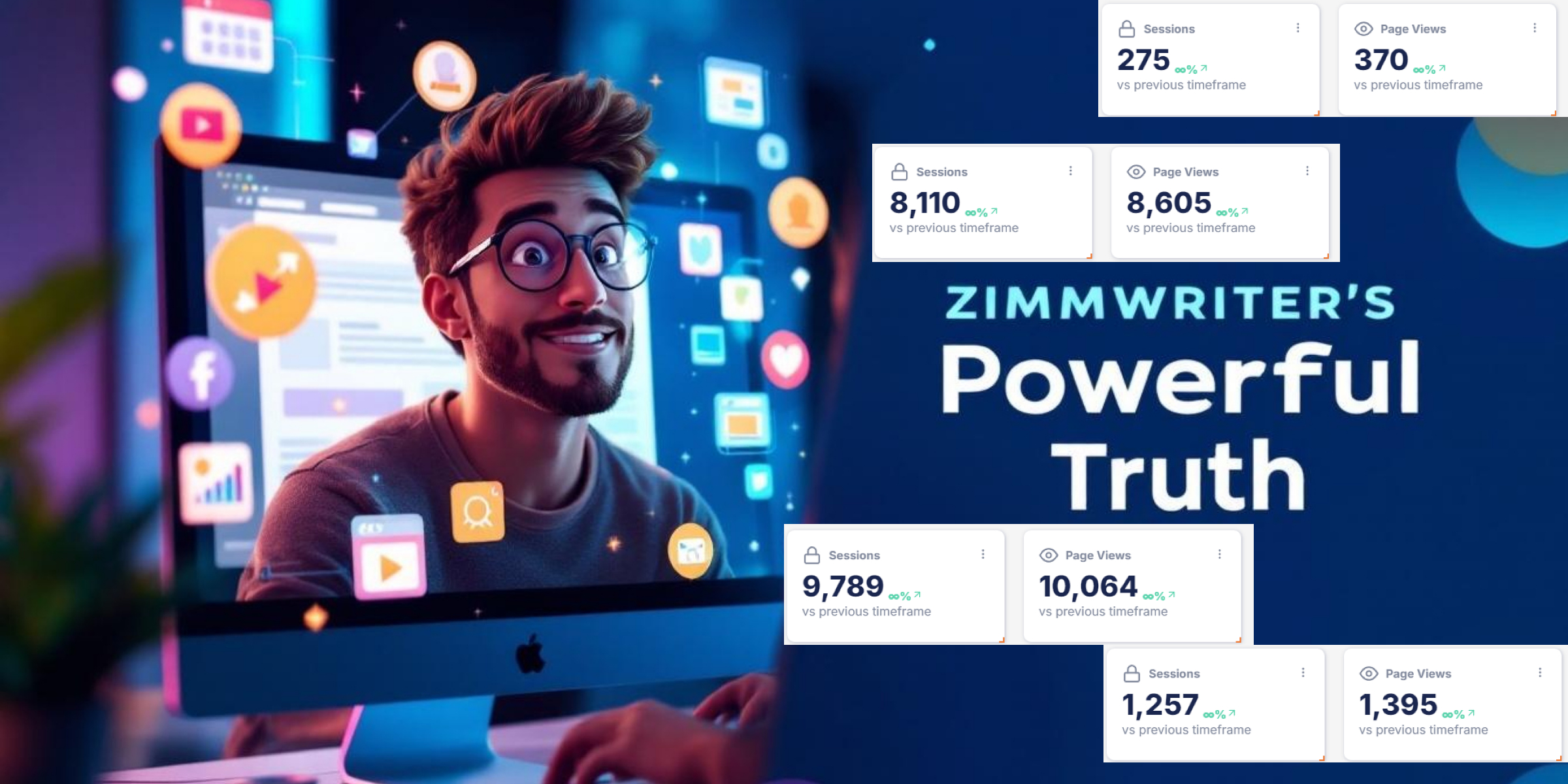OpenAI’s $3 billion acquisition of Windsurf (formerly Codeium) will likely transform ChatGPT into your default coding assistant. With Windsurf’s 800,000 active developers and seamless IDE integration capabilities, you’ll get enhanced code completion, error detection, and “vibe coding” features for more conversational interactions. This strategic move challenges GitHub Copilot and embeds OpenAI’s models directly into development stacks, potentially increasing your productivity through improved natural language interactions. The full impact on developer workflows remains to be seen.

In a move that signals its aggressive expansion into developer tools, OpenAI has acquired Windsurf (formerly known as Codeium) for $3 billion, marking the company’s largest acquisition to date. This purchase comes after OpenAI secured $40 billion in funding, with the company now valued at an estimated $300 billion.
You’ll likely see significant changes to how AI integrates with your coding workflow. Windsurf brings 800,000 active developers to OpenAI’s ecosystem, though this still trails GitHub Copilot‘s 15 million users and 1.3 million paid subscribers. This move directly challenges other AI-powered coding assistants in an increasingly competitive market.
The strategic acquisition aims to embed OpenAI’s models deeper into your development stack. Windsurf has built a reputation for modularity and seamless integration across various IDEs and environments, features that OpenAI wants to leverage to make ChatGPT your default coding assistant.
Your coding experience might soon involve more unified AI assistance across planning, implementation, and debugging stages. The acquisition introduces vibe coding as a new paradigm, promoting more conversational interactions between developers and AI systems. The combined technologies will likely enhance code completion, error detection, and collaborative programming capabilities within your existing tools.
One key question remains about how OpenAI will maintain Windsurf’s plugin ecosystems and IDE flexibility, especially for non-Microsoft environments. Developers value the tool’s ability to integrate with their preferred setups, and any reduction in this flexibility could affect adoption.
Competition in AI coding tools continues to intensify, with nearly one-third of the world’s 47 million developers already using some form of AI assistance. This acquisition positions OpenAI more directly against GitHub Copilot and offerings from Anthropic.
The buyout represents more than just feature expansion—it’s about ecosystem control. OpenAI is positioning its models as essential components of the entire development process, potentially standardizing AI-assisted coding practices across the industry.
For you as a developer, this means potentially greater productivity through improved natural language interactions with code, but also increased dependence on OpenAI’s technology stack for daily coding tasks.
Frequently Asked Questions
When Will Windsurf Features Integrate Into Openai’s Developer Tools?
As of May 2025, OpenAI hasn’t announced a definitive timeline for integrating Windsurf features into their developer tools.
You can expect a phased rollout, likely beginning with beta access for select users. The $3 billion acquisition was announced on May 6, 2025, but specific integration schedules remain undisclosed.
OpenAI will probably prioritize compatibility with major IDEs, including JetBrains environments.
Monitor community forums and developer resources for updates on integration progress.
How Will Developers’ Subscription Costs Change After the Acquisition?
You’ll likely see subscription cost changes following the acquisition, though exact details aren’t confirmed yet.
The buyout might fund more compute resources, potentially lowering your per-user costs or adding features at current price points.
Watch for a possible intermediate tier between Plus ($20) and Pro ($200), as developer feedback has highlighted this pricing gap.
The acquisition could also trigger enterprise-focused premium options.
Monitor OpenAI’s official announcements for concrete changes to subscription structures in the coming months.
Will Windsurf Remain Available as a Standalone Product?
As of now, Windsurf/Codeium remains available as a standalone product.
However, there’s no official confirmation about its future standalone status after the OpenAI acquisition completes.
You should note that the deal hasn’t closed yet as of early May 2025.
While the Windsurf CEO has hinted at an upcoming announcement, specific details about product independence remain unclear.
Based on industry acquisition patterns, standalone status often depends on the acquiring company’s strategic vision.
What Competitors Might Respond With Similar Acquisitions?
You’ll likely see several major tech players respond with their own strategic AI acquisitions. Microsoft, Google, and Meta may target specialized AI retrieval companies similar to Windsurf.
Database competitors like Snowflake and Databricks could pursue AI startups to enhance their data management capabilities.
Enterprise software giants including Salesforce and Adobe will probably acquire AI tools that complement their existing platforms.
These companies won’t want to fall behind in the rapidly expanding AI market.
How Does This Acquisition Affect Openai’s Relationship With Microsoft?
Windsurf’s acquisition affects OpenAI’s Microsoft relationship by potentially shifting some development priorities.
You’ll likely see OpenAI leverage this new capability while maintaining Microsoft’s exclusive rights to OpenAI’s intellectual property and API exclusivity on Azure.
The partnership’s financial dynamics might adjust slightly as OpenAI integrates Windsurf’s technology, but core agreements running until 2030 remain intact.
Microsoft’s significant investment position and revenue-sharing arrangement continue to underpin their strategic collaboration in AI advancement.





